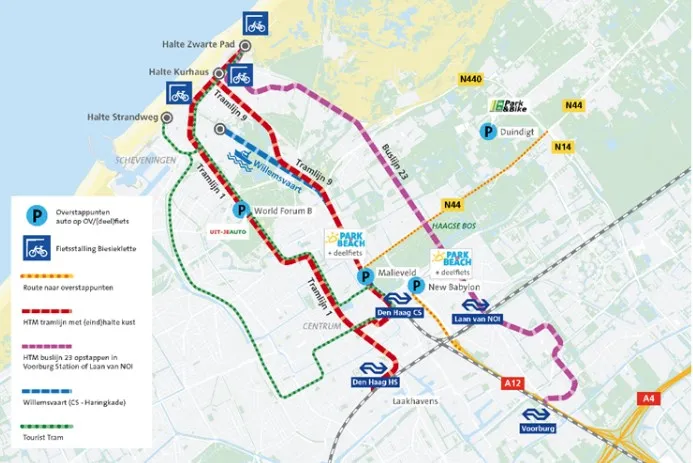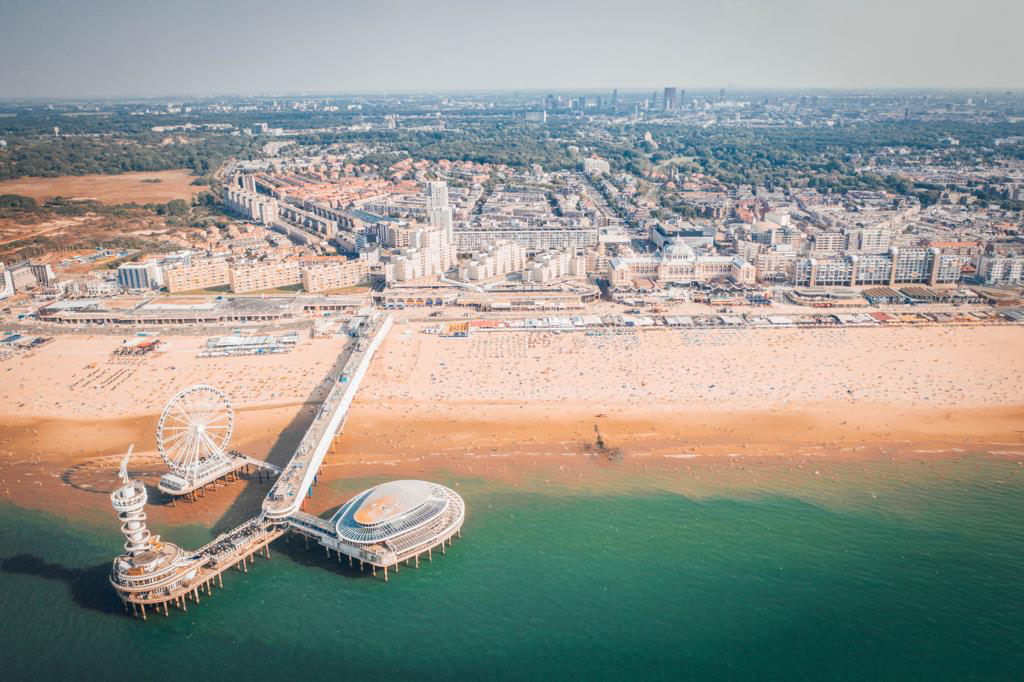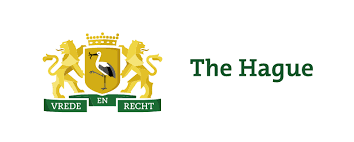The Hague.
Challenge
How do we improve the in-city customer journey to the main Scheveningen recreational area by modes of sustainable transport on peak days?
CURRENT SITUATION
Scheveningen beach is a highly popular recreational area, especially on nice weather and event days. On these peak days, large amounts of visitors can be a challenge (think of crowded public transportation and long traffic jams).
There are several different transport connections to Scheveningen beach. The Hague wants travelers to choose sustainable ways of transport (to mean: bike, public transport, shared mobility or a combination of these modes) to reduce CO2-emissions as The Hague has the objective to be climate neutral in 2030. We see valuable opportunities in improving the customer journey of the various sustainable transport modes (in combination) and would like to explore these specifically on peak days (on average 20-30 days a year).
On peak days, it is noticeable that mostly out-of-city visitors skip on sustainable modes of transportation and last-mile solutions. The beach area also accommodates car drivers by e.g. having garages close to popular spots.
Concerning sustainable modes of transportation: there are cycling highways connecting Scheveningen to the rest of the city. There are public bike parking spaces available. People can park their bicycle here for free. They are sometimes experienced as hard to find or far away from the recreational areas. There are also different public transportation options, see image below. For more information about accessibility at Scheveningen, check the following website: Den Haag – Bereikbaarheid Haagse stranden.
In the Hague, shared mobility is available in different forms (e-mopeds, bikes, cargo bikes, shared cars). E-mopeds have proven to be very popular over the last two summers to reach Scheveningen from other parts of the city. From the outskirts of and outside the city it becomes more complicated due to different providers and high costs. To encourage proper e-moped parking, geofenced mobility-hubs have been introduced in Scheveningen.
People can enter the city by train (The Hague CS, The Hague laan van NOI, The Hague HS), Car (A12, N44, A4) or bike (metropolitan biking routes/star biking routes). People arriving by train require a transfer to bus, tram or bike. There is also an express service on summer days by tram to the beach. These can be crowded on peak days.

Figure 1: Different train stations, transit routes and (bike) parking areas leading to/from Scheveningen recreational area
Expected to-be situation
More sustainable customer journeys to and from Scheveningen beach.
We want users of sustainable modes of transportation (public transportation, shared mobility and bicycles (e-bike, cargo bike, normal bike) to experience the trip to the beach area to be as easy, accessible and pleasant as possible. This includes removing all identified barriers we can address. This with the objectives to incentivise beach goers to travel sustainably and to improve clean and safe ways of transportation between Scheveningen and the rest of the city. This is part of the municipal objective for citywide climate neutral mobility by 2030.
Specific indicators of success are solution-specific and are expected to be suggested in challenge applications. The following ways to measure success are suggested:
- Identified problems in the customer journey that can be adressed both physically, and/or by signaling and/or online solutions
- Improved attractiveness of sustainable travel on aforementioned route;
- People using the solution find it helpful in their customer journey
- Concrete and realistic (in terms of implementation and costs) suggestions to improve sustainable traveling between the Hague centre and Scheveningen.
We look for solutions that have (indications of) a CO2 reduction potential in complete lifecycle, not just the user phase.
We are not looking for:
- Mobility-as-a-service apps as a solution
- Electric scooters as a solution

Solution
The Kobla Motivational app nudges users into sustainable transport. The app awards points for users’ journeys and is proportional to how active and sustainable the journey is. Extra points are also awarded for active travels during rush hours or bad weather.
Results
•Kobla tested a game-based incentive system to promote green transport modes, to successfully encourage eco-friendly travel to the Scheveningen beach area.
•The Kobla Motivation app was adapted to the Dutch language
•A beach module in the app awarded people travelling sustainably to the beach with extra bonus points per visit.
•Trusted/controlled testing: 56 users installed the app and 58% actively used the app.
•2,230 journeys were registered averaging 58 journeys per active user – 1.4 journeys on average per day per user.
•Travel mode distribution was 54% bike, 24% walk, 15% car and 6% public transport.
•Emissions avoided by active transport: 729kg CO2


